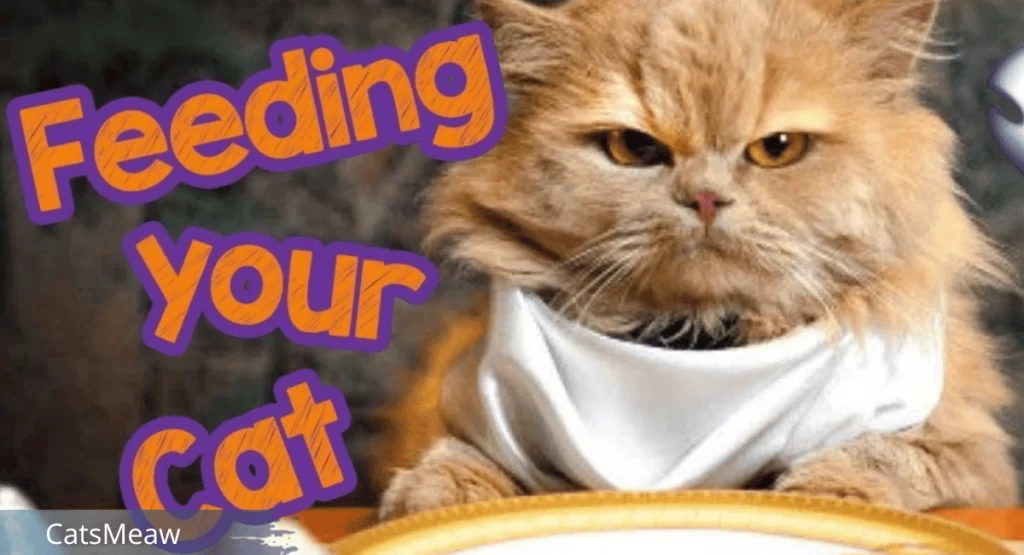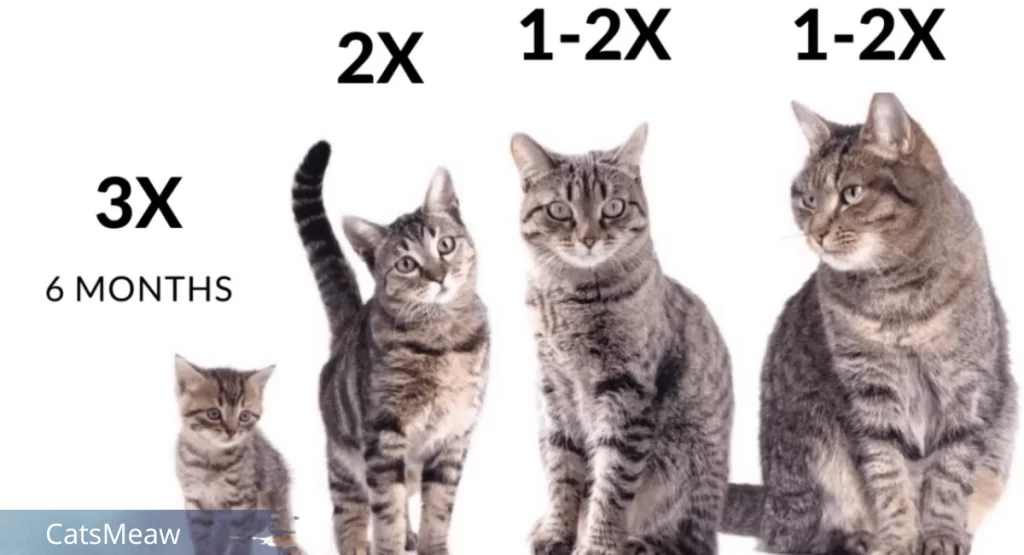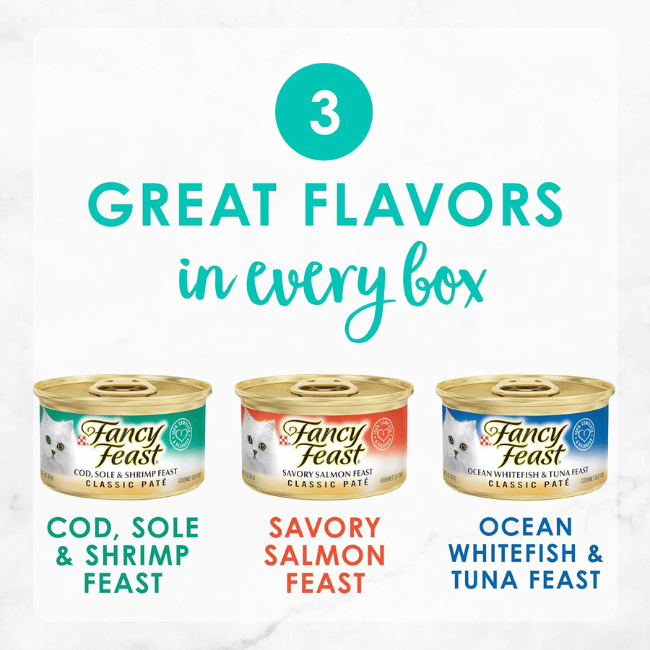Caring for a cat involves many responsibilities, and one of the most important aspects of their care is ensuring they have a healthy and balanced diet. Feeding your cat the right food in the right amounts is crucial for their overall well-being and longevity. In this article, I will provide you with essential tips for feeding your cat to keep them healthy and happy throughout their lives.

Table of Contents
The Importance of Proper Cat Nutrition
Proper cat nutrition is vital for their growth, development, and overall health. Cats are obligate carnivores, which means they require a diet that is primarily made up of animal-based protein. Unlike humans and dogs, cats have specific nutritional needs that can only be met through a diet rich in animal protein. Feeding your cat a balanced and nutritious diet will help prevent deficiencies, promote strong muscles and bones, support a healthy immune system, and enhance their overall vitality.
Understanding Your Cat’s Dietary Needs
To provide the best nutrition for your cat, it’s important to understand their dietary needs. Cats require a diets that are high in protein, low in carbohydrates and moderate in fat. Protein is essential to build and repaire tissues, while fat leads to a concentrated source of energy. Additionally, cats require specific nutrients such as taurine, which is found only in animal-based proteins, and arachidonic acid, which is derived from animal fats. By understanding your cat’s dietary needs, you can choose the right food that meets their nutritional requirements.
Types of Cat Food – Dry, Wet, Raw
When it comes to cat food, there are several options to choose from, including dry, wet, and raw food. Dry cat food, also known as kibble, is convenient and easy to store. It can help maintain dental health by reducing tartar buildup. Wet cat food, on the other hand, has a higher moisture content, which can help prevent urinary tract issues and promote hydration. Raw cat food, which consists of uncooked meat, organs, and bones, is gaining popularity among cat owners who prefer a more natural diet for their feline companions. Each type of cat food has its advantages and disadvantages, and it’s important to consider your cat’s individual needs and preferences when choosing the right option for them.
Our pick: The Best Cat Food for Indoor Cats
Reading Cat Food Labels – What to Look for and What to Avoid
When selecting cat food, it’s crucial to read and understand the labels. Look for cat food that lists a high-quality animal protein as the first ingredient. Avoid cat food that contains fillers, by-products, artificial colors, flavors, and preservatives. It’s also important to consider the guaranteed analysis on the label, which provides information on the minimum percentages of protein and fat, as well as the maximum percentages of fiber and moisture. By carefully reading cat food labels, you can make informed decisions and choose a high-quality food that meets your cat’s nutritional needs.
Related: 7 Most Dangerous foods for cats
How Much and How Often for Feeding Your Cat
knowing the right amount of food for feeding your cat can be challenging. The appropriate portion size depends on factors such as your cat’s age, weight, activity level, and overall health. It’s generally recommended to feed adult cats two meals a day, while kittens may require more frequent feeding.

Start by following the feeding guidelines provided by the cat food manufacturer and monitor your cat’s body condition and weight. Adjust the portion size accordingly to maintain a healthy weight. It’s important not to over feeding your cat, as obesity can lead to various health issues. If you have concerns about your cat’s weight or feeding routine, consult with your veterinarian for personalized advice.
The Importance of Fresh Water for Cats
In addition to providing a balanced diet, it’s crucial to ensure your cat has access to fresh water at all times. To encourage your cat to drink more water, consider providing multiple water sources throughout your home. Some cats prefer running water, so a cat fountain can be beneficial. Ensure the water bowls are clean and filled with fresh water daily. If you notice your cat is not drinking enough, consult with your veterinarian to rule out any underlying health conditions.
Addressing Common Feeding Issues – Obesity, Allergies, Picky Eaters
Obesity, allergies, and picky eating are common feeding issues that cat owners may encounter. Obesity is a significant health concern for cats and can lead to various health problems, such as diabetes and joint issues. To prevent obesity, monitor your cat’s weight and body condition, and adjust their food portions accordingly.
If your cat has food allergies, it’s important to identify and eliminate the allergen from their diet. This may require a trial and error process or consultation with a veterinarian. Some cats can be picky eaters, and it’s important to encourage them to eat a balanced diet. If your cat consistently refuses to eat, consult with your veterinarian to rule out any underlying health issues.
Best Feeding Tips for Kittens, Adult and Senior Cats
Kittens, adult and senior cats have different nutritional requirements. Kittens require a diet that is specifically formulated for growth and development. Look for high-quality kitten food that provides essential nutrients, such as DHA for brain development and calcium for strong bones. Adult cats need a balanced diet that meets their maintenance needs.
Consider their activity level and weight when determining the appropriate portion size. Senior cats may have specific dietary needs, such as a higher protein content to support muscle mass and joint health. Consult with your veterinarian to ensure you are providing the right nutrition for your cat’s life stage.
Homemade Cat Food – Pros and Cons
Some cat owners prefer to prepare homemade cat food to have more control over the ingredients and quality. While homemade cat food can be beneficial, it also comes with challenges. It requires careful planning and knowledge of feline nutrition to ensure a balanced diet. It’s essential to include all the necessary nutrients, such as taurine and arachidonic acid, in the right proportions. Additionally, homemade cat food can be time-consuming and may require additional supplements. If you want feeding your cat homemade food, consult with a veterinary nutritionist to create a well-balanced diet that meets your cat’s nutritional needs.
Choosing the Right Feeding Accessories – Bowls, Automatic Feeders
Choosing the right feeding accessories can enhance your cat’s feeding experience. Opt for food bowls that are wide and shallow to prevent whisker stress. Stainless steel or ceramic bowls are easy to clean and less likely to harbor bacteria compared to plastic bowls. Automatic feeders can be beneficial if you have a busy schedule or need to control portion sizes. They ensure your cat is fed at regular intervals and can help prevent overeating. Consider your cat’s feeding habits and lifestyle when selecting the appropriate
Related: Best Way To Know if Your Cat is in Pain
Cat Treats – When and How to Use Them Appropriately
Cat treats can be used as a reward or for training purposes, but it’s important to use them appropriately. Treats should only make up a small portion of your cat’s diet and should not exceed 10% of their daily calorie intake. Choose high-quality treats that are made with natural ingredients and are free from artificial colors and flavors. Avoid giving your cat human food as treats, as some can be dangerous food to cats. Use treats sparingly and ensure they are part of a balanced diet to prevent weight gain and nutritional imbalances.
Consulting your Veterinarian for a Personalized Feeding Plan
Each cat is unique, and their nutritional needs can vary based on factors such as breed, age, weight, and any underlying health conditions. Consulting with a veterinarian is essential for creating a personalized feeding plan for your cat. They can assess your cat’s overall health, provide guidance on portion sizes, recommend specific diets for certain health conditions, and help you address any feeding concerns you may have. Regular check-ups with your veterinarian will ensure your cat’s nutritional needs are being met and any dietary adjustments can be made as needed.
Conclusion
Feeding your cat a nutritious and balanced diet is one of the most important ways to promote their overall health and well-being. By understanding your cat’s dietary needs, choosing the right food, and providing appropriate portion sizes, you can ensure they receive the essential nutrients they need to thrive. Addressing common feeding issues, providing fresh water, and using appropriate feeding accessories further contribute to a healthy and happy feline companion. Remember to consult with your veterinarian for personalized advice and enjoy the rewarding experience of nourishing your beloved cat.

